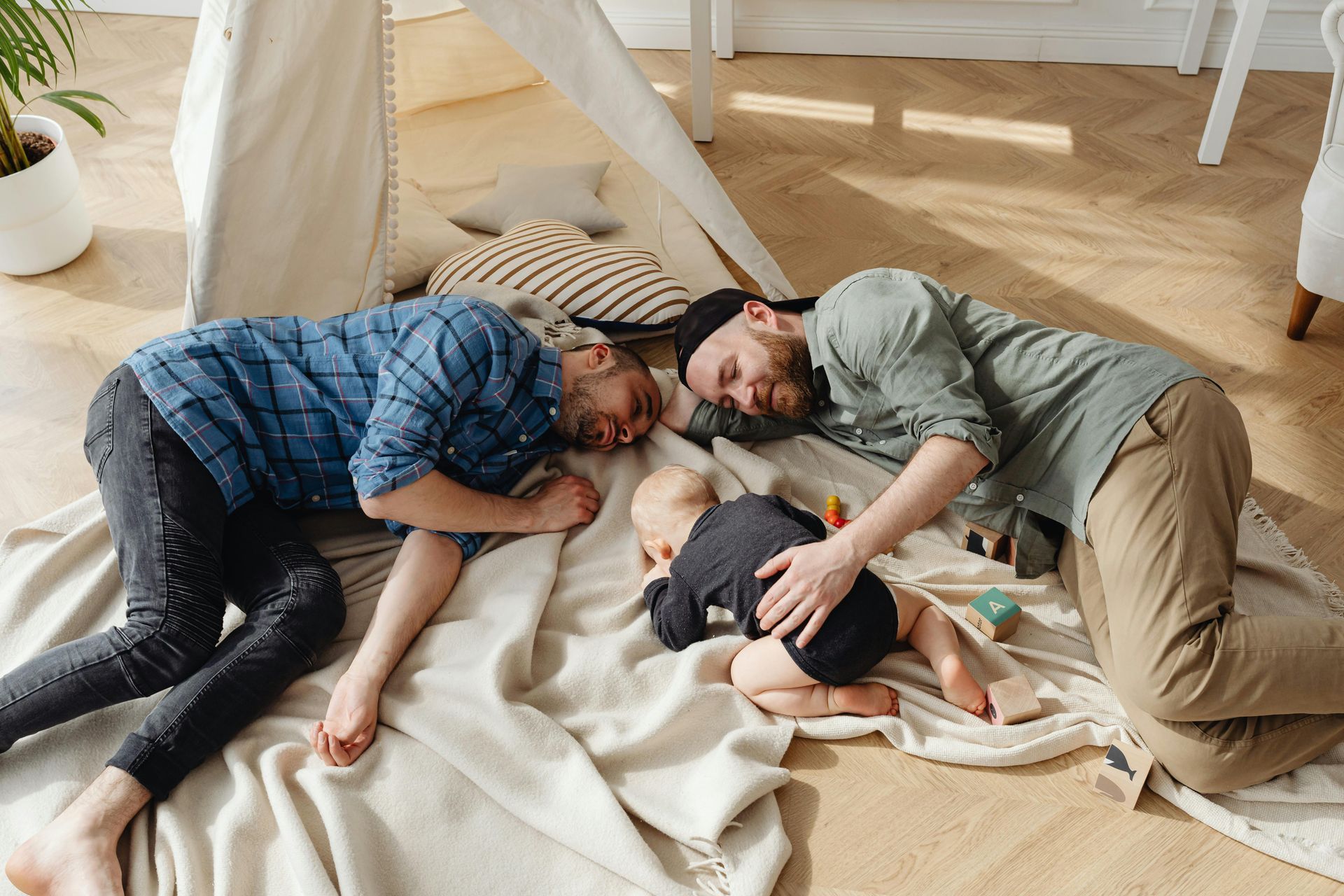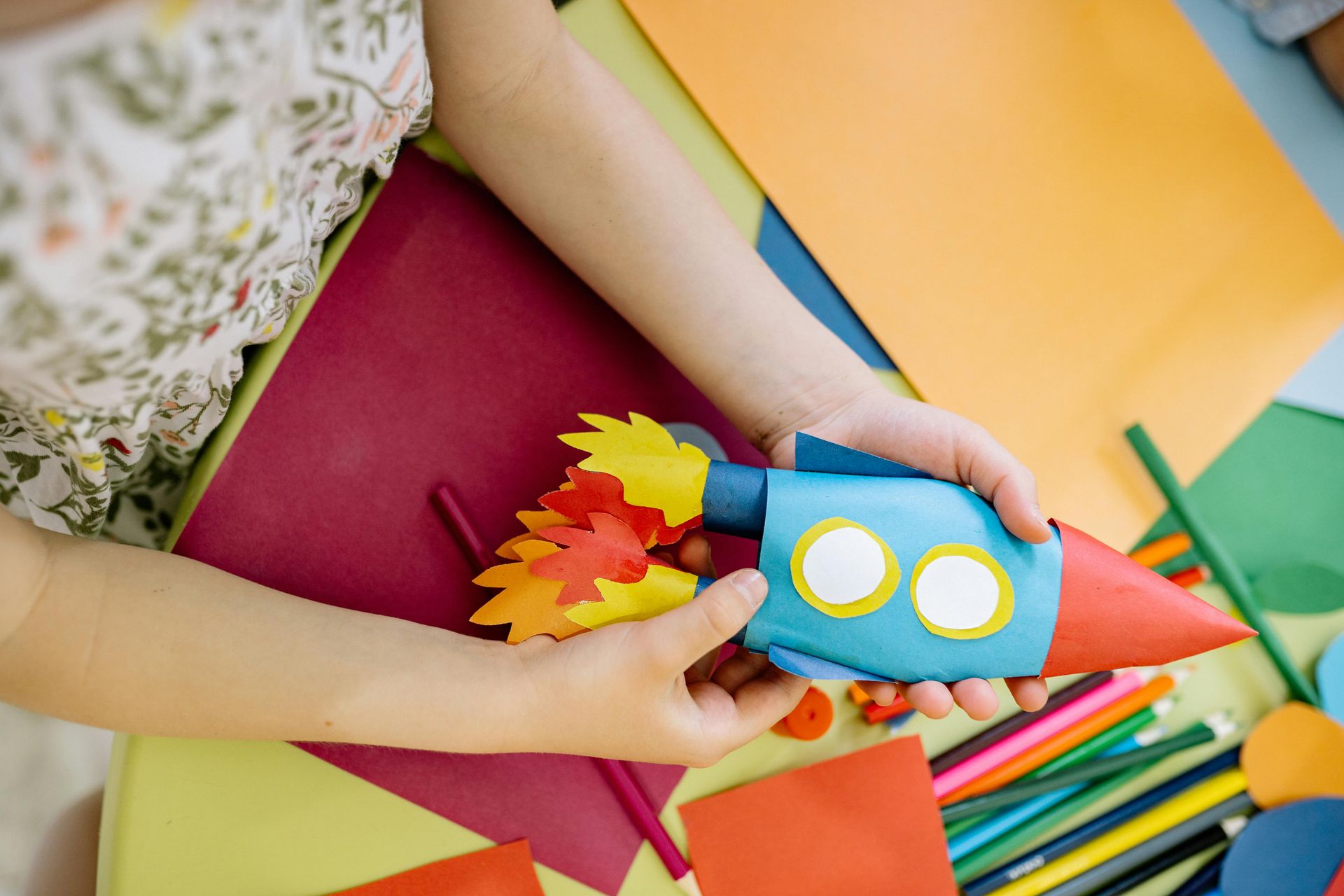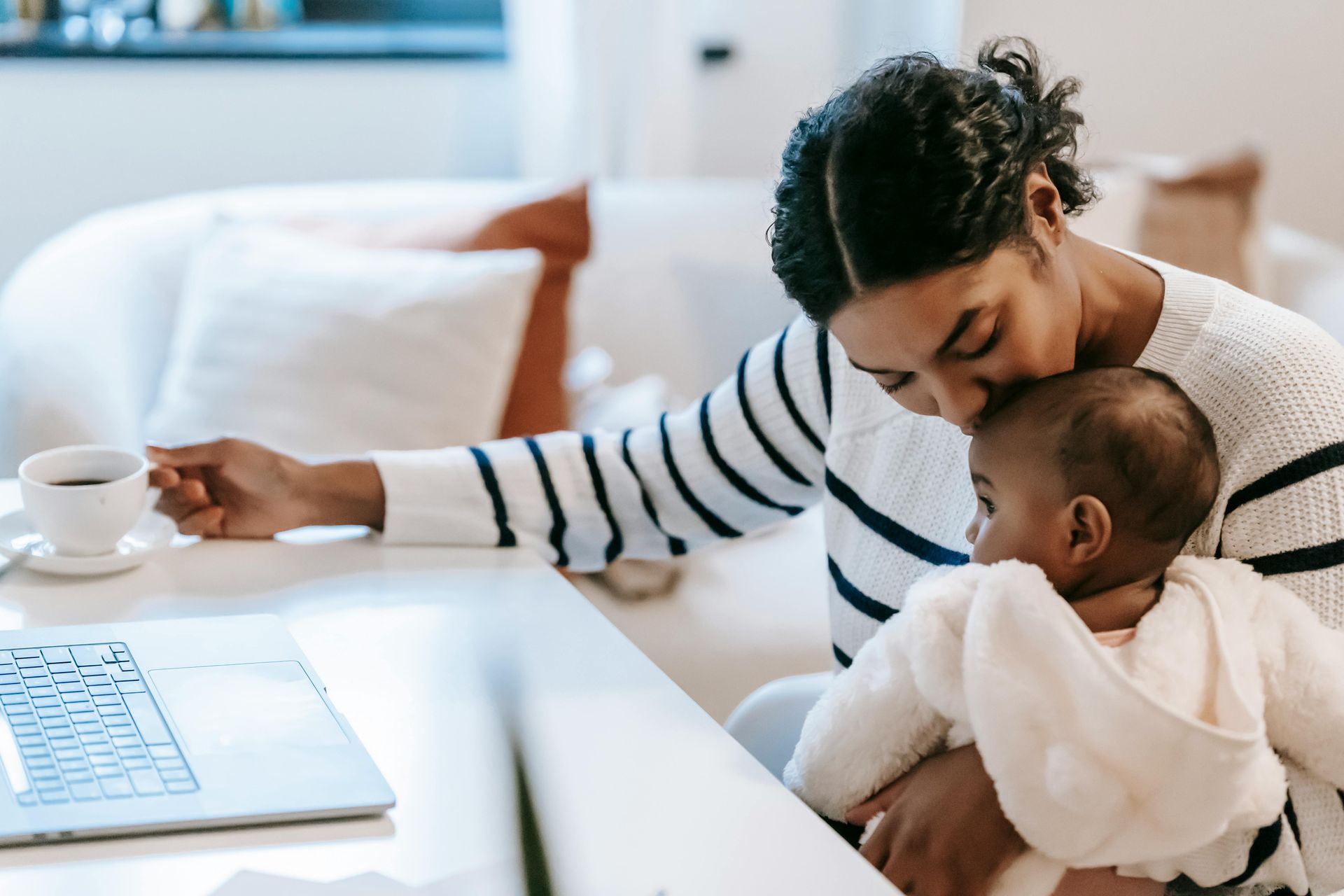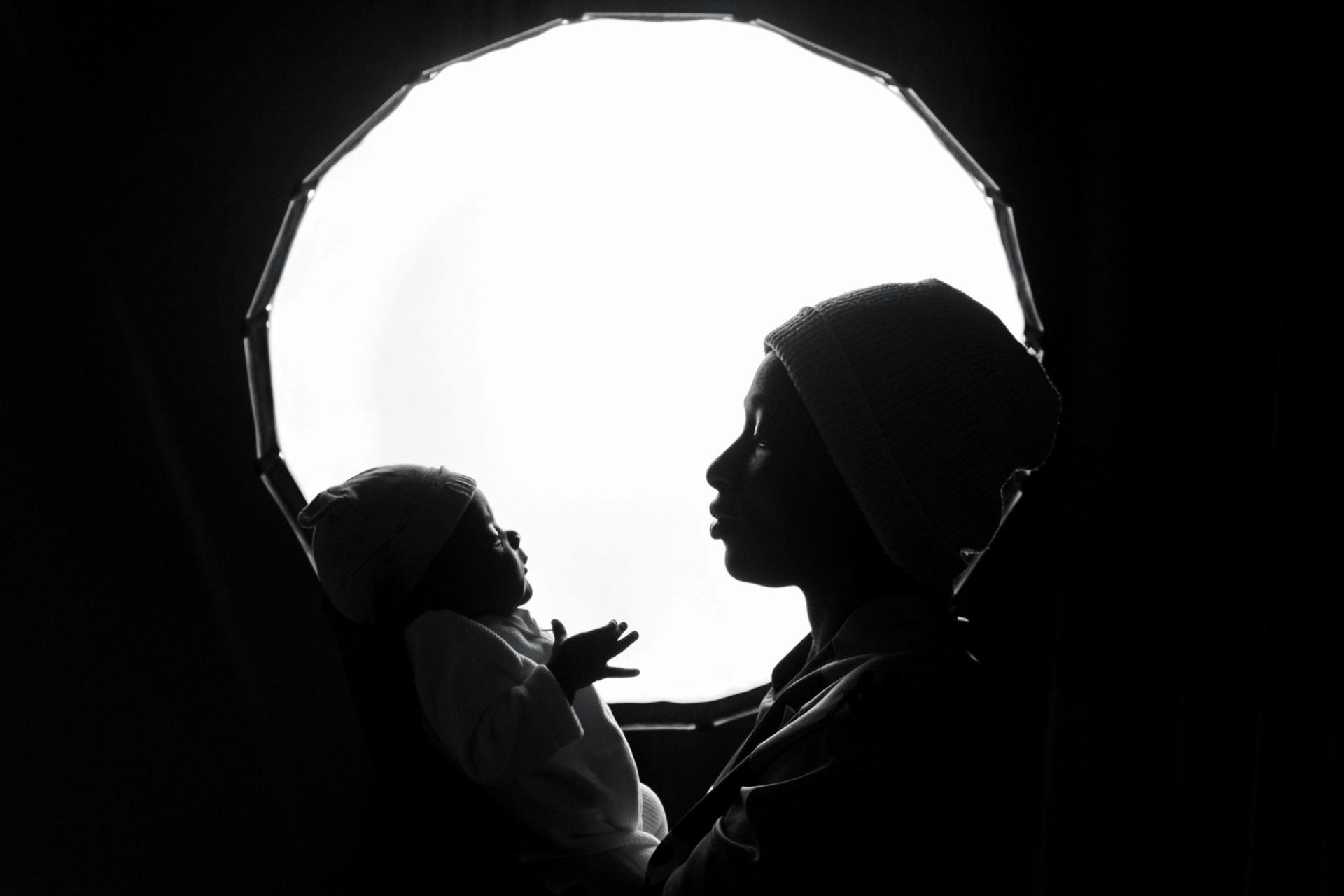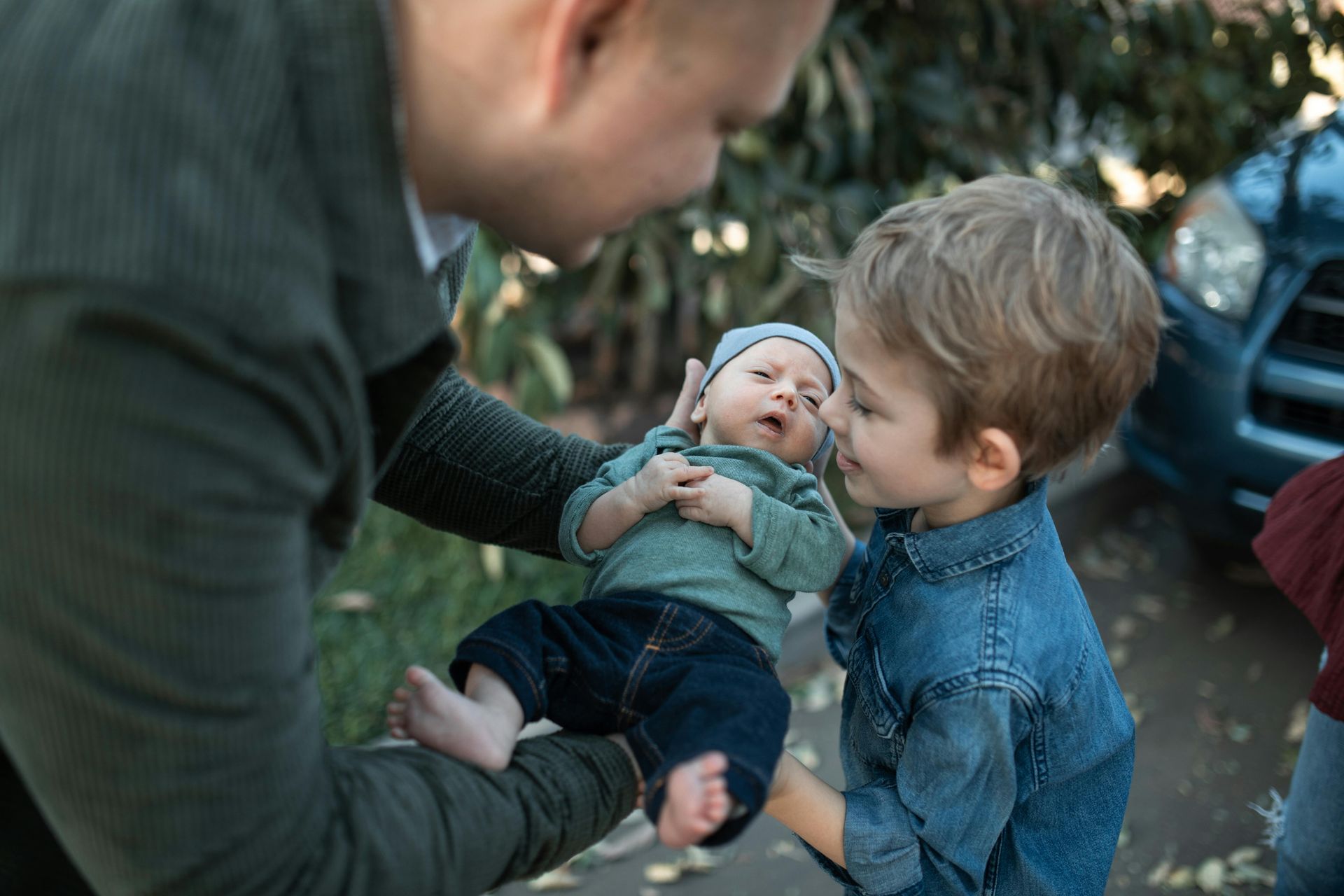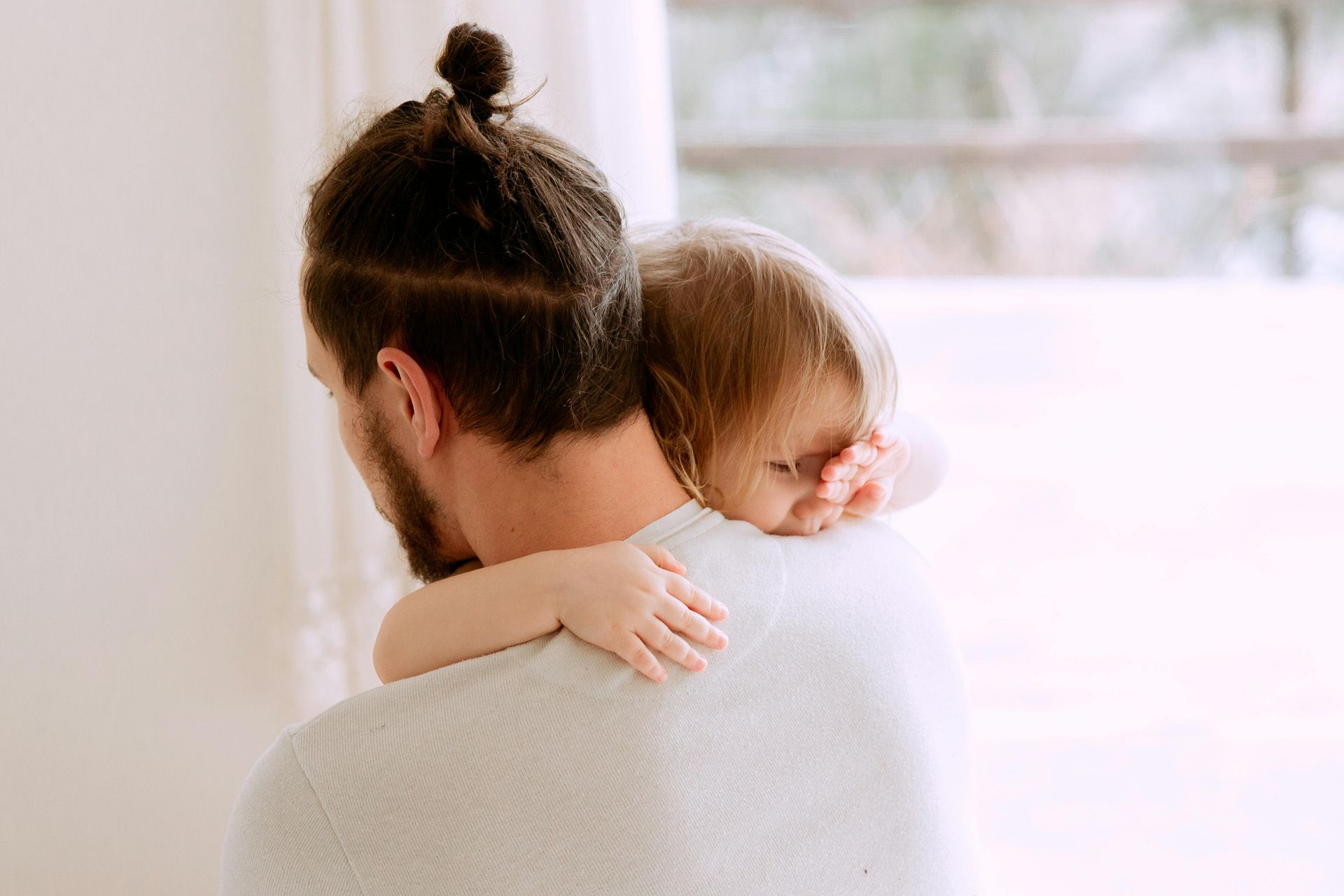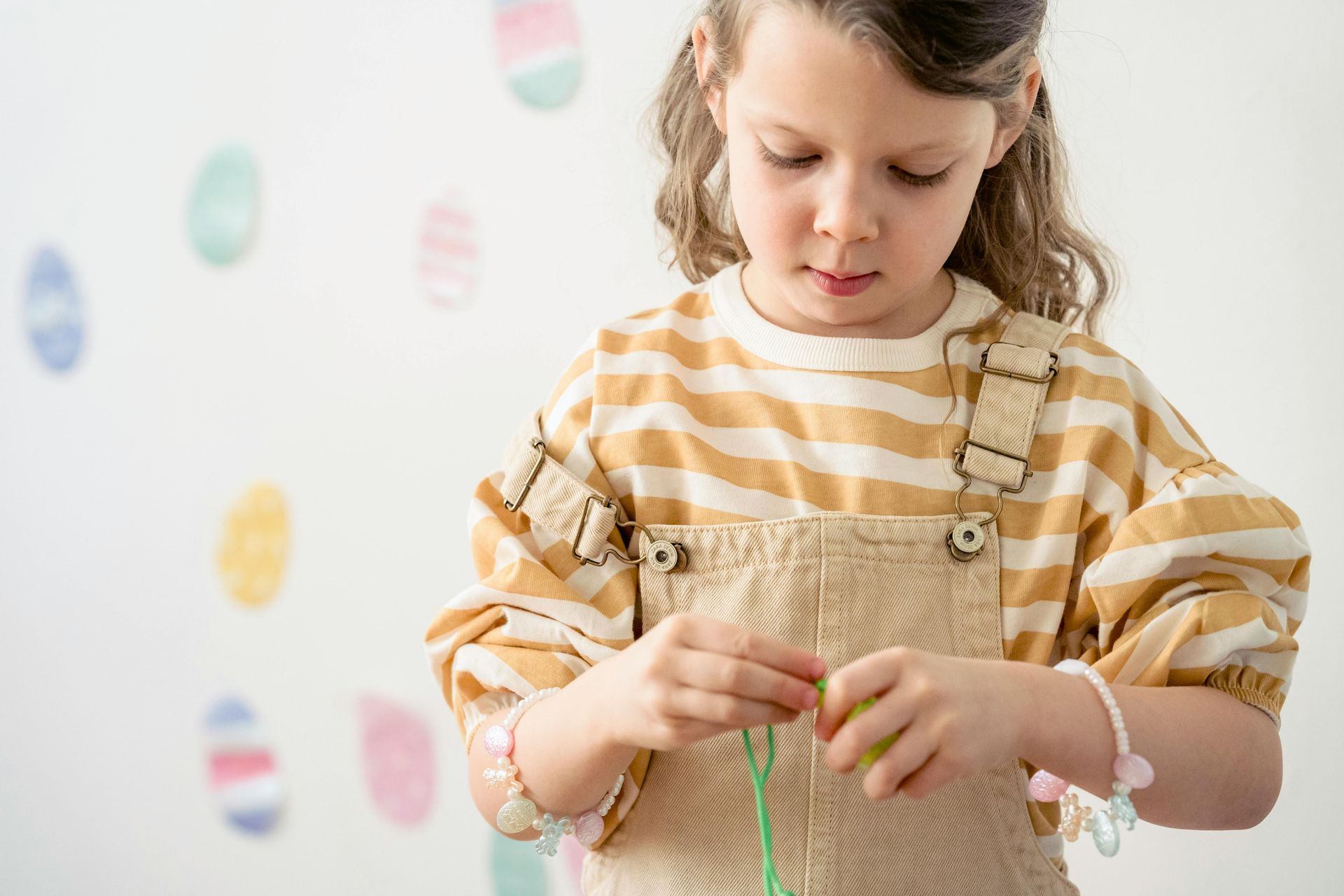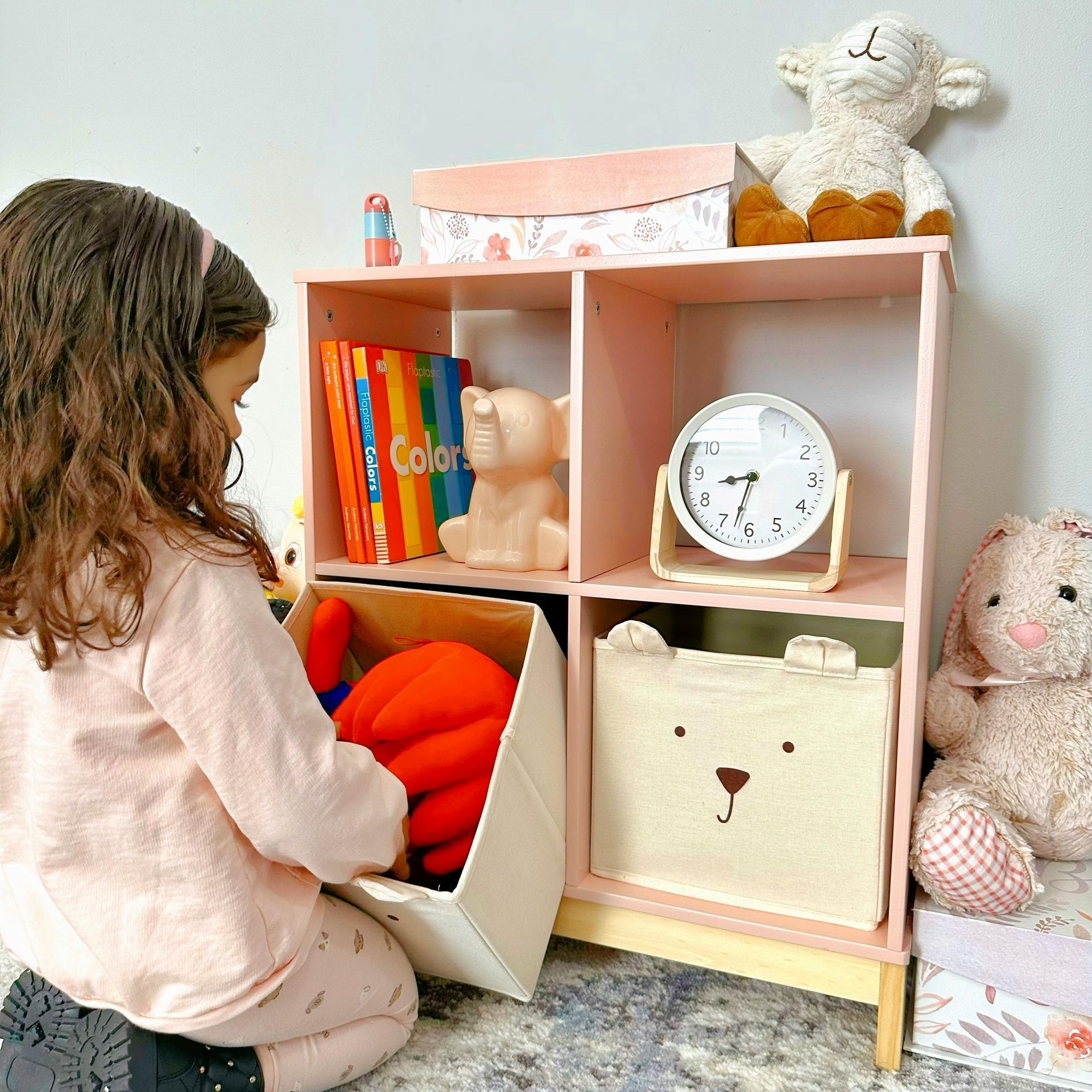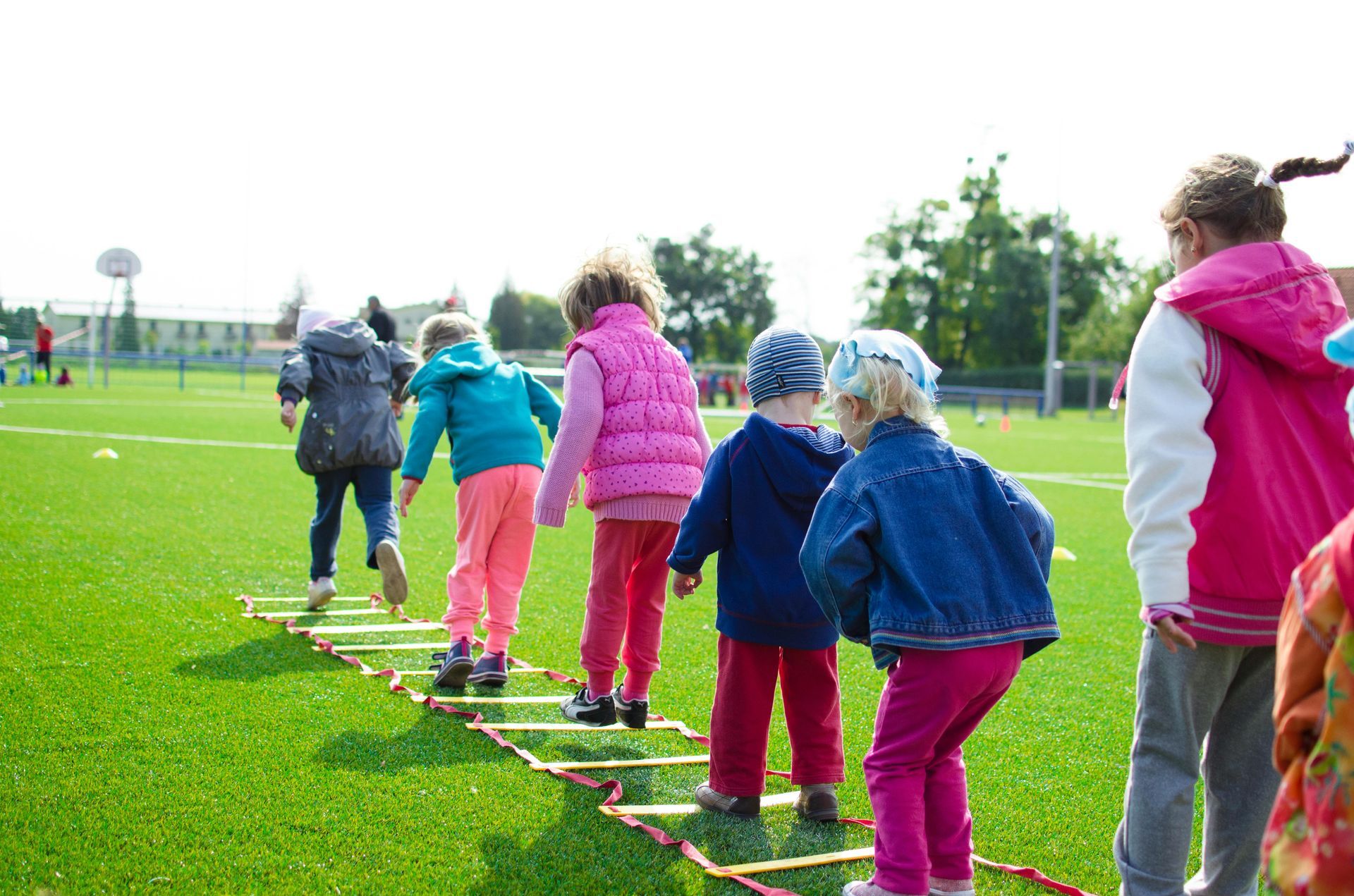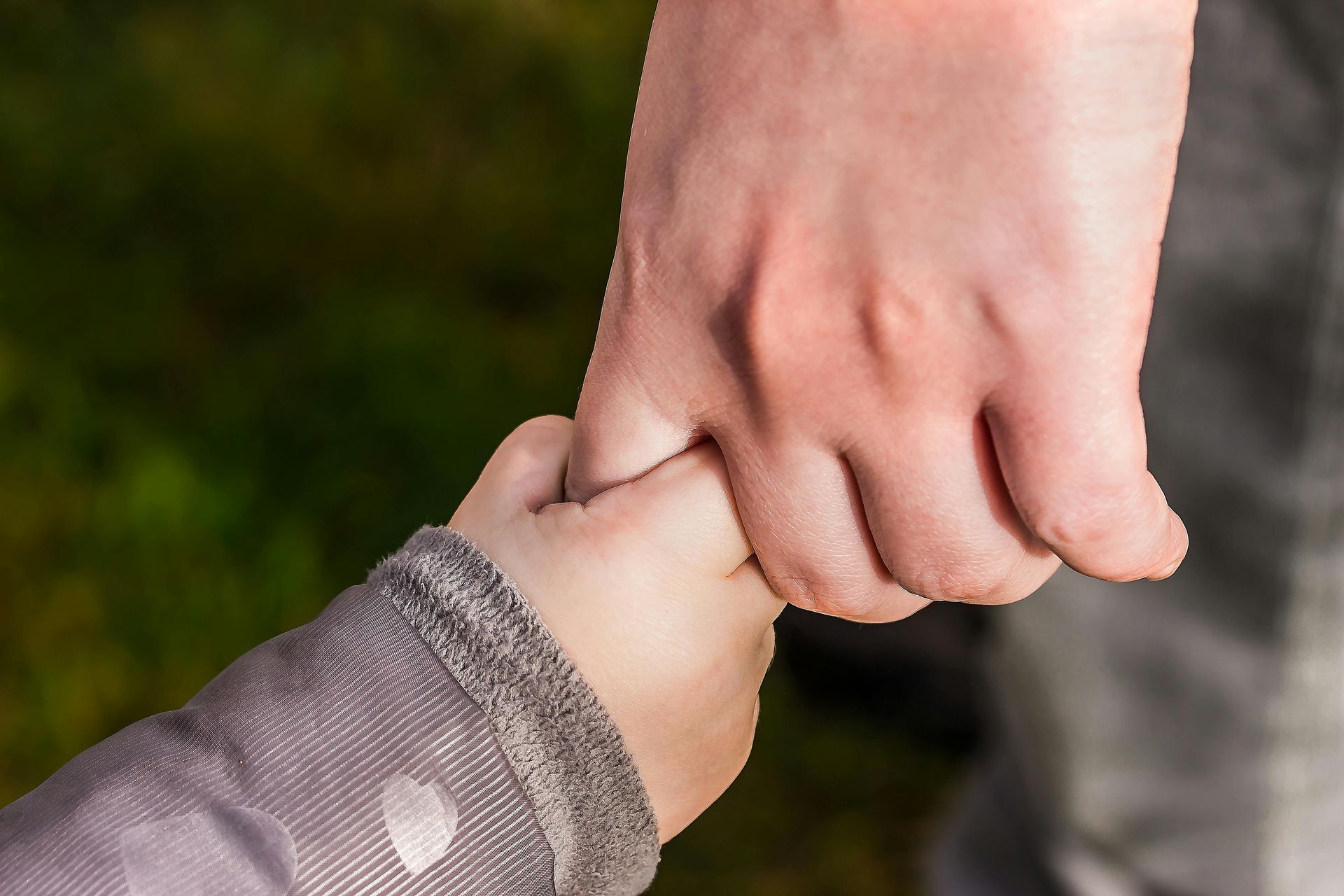Learning Through Movement: How Physical Play Shapes Young Minds at Early Education Station Orlando
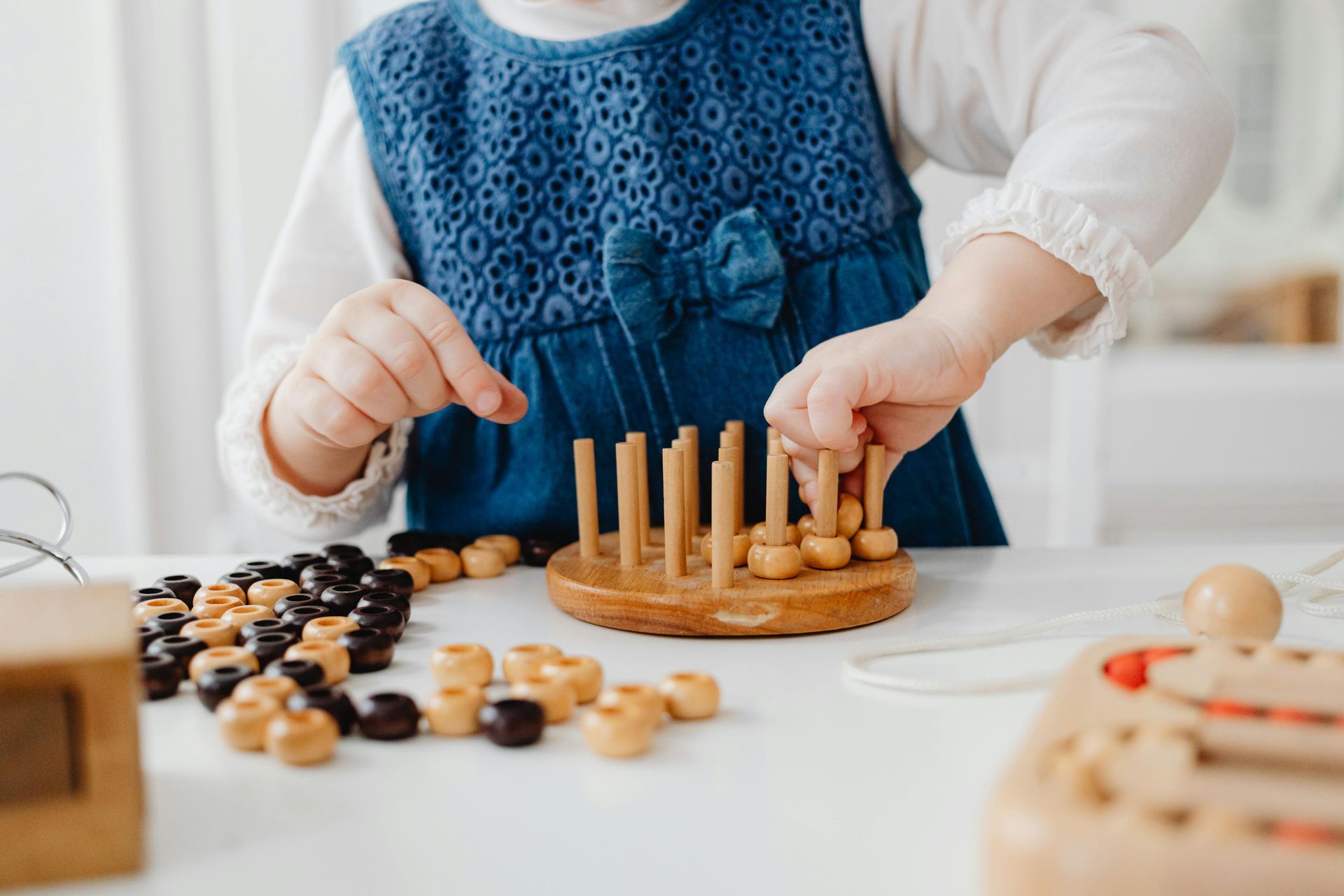
At Early Education Station Orlando, we believe that learning doesn’t have to happen while sitting still. In fact, some of the most meaningful early childhood development occurs when children are in motion. From dancing and climbing to simple games like tag, movement-based activities play a powerful role in cognitive growth, emotional regulation, and academic readiness. In this post, we’ll explore how physical play supports holistic development and why our approach to movement-based learning is transforming how young children engage with the world around them.
The Science Behind Learning Through Movement
Research has consistently shown that young children are kinesthetic learners—they learn best by doing. When children engage in physical activity, their brains form stronger neural connections, particularly in areas associated with memory, problem-solving, and self-regulation. Motor activities stimulate the cerebellum, which not only controls balance and coordination but is also linked to language development and executive function.
This link between movement and learning is especially crucial in the early years when the brain is growing rapidly. Children who move more tend to have stronger attention spans, better memory retention, and more developed social skills.
Gross Motor Skills and Cognitive Development
At Early Education Station Orlando, we emphasize large-scale physical activities that build gross motor skills—like jumping, running, and climbing. These movements are more than just fun; they’re essential for brain development. For example:
- Obstacle courses promote spatial awareness and strategic thinking.
- Balance games improve core strength and encourage focus.
- Group movement activities foster cooperation and listening skills.
These experiences help children build confidence while simultaneously enhancing their ability to process information and make decisions quickly.
Fine Motor Skills and Academic Readiness
While gross motor activities get most of the attention, fine motor skills—those that involve small muscle movements—are equally important. Our programs integrate tactile and hands-on tasks that strengthen muscles in the hands and fingers, preparing children for school-based tasks such as writing, using scissors, and manipulating objects.
Activities like stringing beads, stacking blocks, and squeezing playdough may seem simple, but they are powerful exercises in control, concentration, and coordination.
Movement and Emotional Regulation
Physical activity isn’t just good for the brain and body—it’s also essential for emotional health. Children often don’t have the words to express frustration or anxiety, but they can release these emotions through movement. At Early Education Station Orlando, we offer daily opportunities for physical release through dance, free play, and guided movement sessions.
This freedom to move and express themselves helps children manage their emotions and reduces instances of behavioral challenges. We’ve found that children who have regular movement breaks are calmer, more focused, and more engaged in structured learning.
The Role of Outdoor Exploration
In Orlando’s beautiful weather, outdoor play is a cornerstone of our curriculum. Our outdoor learning spaces are designed to encourage exploration, creativity, and imaginative play. Whether it's digging in the sandpit, navigating a balance beam, or riding tricycles, outdoor play provides a dynamic environment for movement-based learning.
Nature walks, gardening activities, and environmental scavenger hunts add a sensory-rich dimension to movement, helping children connect with the world around them while developing observational and reasoning skills.
Incorporating Movement into Academics
One of our core beliefs at Early Education Station Orlando is that movement enhances—not detracts from—academic learning. In our classrooms, we blend movement into traditional learning areas:
- Alphabet yoga introduces children to letters while they move their bodies into corresponding shapes.
- Counting hops and number races reinforce math skills while keeping children active.
- Story stretches allow kids to act out books and stories, making reading an interactive and multisensory experience.
By making movement part of our academic routine, we ensure that even high-energy children have a chance to thrive.
Building Healthy Habits Early
Another long-term benefit of movement-based learning is the establishment of healthy habits. Children who enjoy physical activity early in life are more likely to remain active as they grow. Our curriculum introduces the joy of movement as something that’s integrated into daily life, not reserved just for recess.
We also teach the importance of hydration, nutrition, and rest alongside physical play, creating a well-rounded understanding of wellness from the start.
Partnering with Families for Active Learning at Home
We understand that parents and caregivers are a crucial part of a child’s learning journey. That’s why we offer tips and resources for incorporating movement into daily routines at home. Some of our family-friendly ideas include:
- Dance parties during clean-up time
- Nature scavenger hunts at local parks in Orlando
- Homemade obstacle courses using pillows and furniture
- Stretching and yoga before bedtime to wind down
These simple yet engaging activities reinforce what children are learning at school and strengthen the home-school connection.
Discover how Orlando's youngest learners are shaping the future in
Early Learning, Lasting Impact: How Orlando's Youngest Learners Are Shaping the Future.
Conclusion
Movement is more than just a way for children to burn off energy—it’s a fundamental part of how they learn, grow, and thrive. At Early Education Station Orlando, our philosophy of learning through movement helps children build stronger bodies, brighter minds, and balanced emotions. We’re proud to offer an environment where curiosity is encouraged, joy is cultivated, and every wiggle has a purpose.
Stay tuned as we continue to share more about our innovative approaches to early childhood education in future posts.
